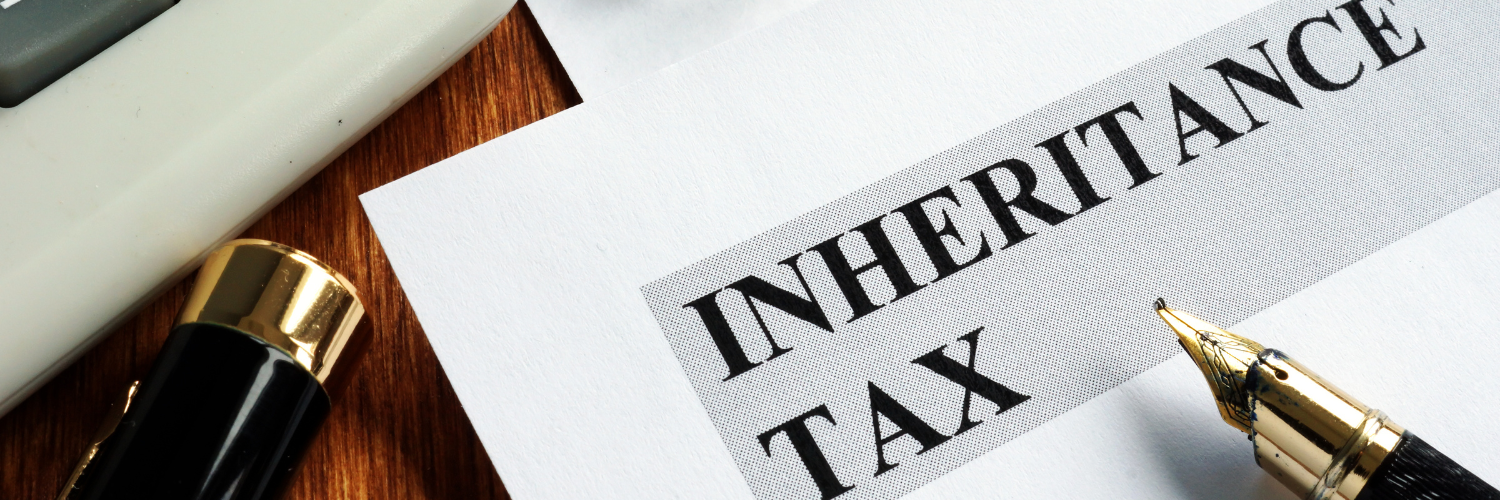Average house prices rose by 5.5 per cent in the year to February 2023, according to the latest official figures, taking the average price of a property to £288,000.
That’s £16,000 higher than it had been a year earlier – and this surge in house prices has had wide-ranging consequences, most notably, pricing many people out of buying a property.
But it’s also having a huge impact on those who are already on the property ladder in one area that most homeowners may have overlooked – inheritance tax.
The current inheritance tax threshold is £325,000, so there’s nothing to pay if the value of your estate falls below this amount.
Worryingly, this threshold has remained frozen now for more than a decade – despite soaring house price inflation over this period.
As a result, more and more people are finding themselves liable to pay inheritance tax, which has led to many labelling it a stealth tax.
In fact, the government raised £7.1 billion from inheritance tax during the last financial year, according to HM Revenue and Customs. This is £1 billion more than the amount collected in 2021-22.
These figures will almost certainly reignite the debate about inheritance tax and whether the current system is fair.
At the same time, they highlight exactly why it’s so important for people to get their finances in order if they wish to avoid getting caught up in the inheritance tax net.
The Treasury has insisted the “vast majority” of estates do not pay inheritance tax, saying that “more than 93 per cent of estates are forecast to have zero inheritance tax liability in the coming years”.
But with inflation remaining high and the inheritance tax threshold staying frozen until at least 2028, how long this line can hold remains to be seen.
For now, those who are concerned about how the rising value of their home might affect their inheritance tax liability should seek professional financial advice.
You’ll undoubtedly want to leave the bulk of your wealth to your loved ones or good causes that mean something to you.
So speaking to a regulated specialist in this field could help you achieve this ambition and not be left paying too much to the state.
Please get in touch with us if you have any questions about how to reduce your inheritance tax bill and we’ll be happy to discuss this with you.
*The Financial Conduct Authority does not regulate Inheritance Tax Advice. Thresholds, percentage rates and tax legislation may change in subsequent Finance Acts and their value depends on the individual circumstances of the investor.


